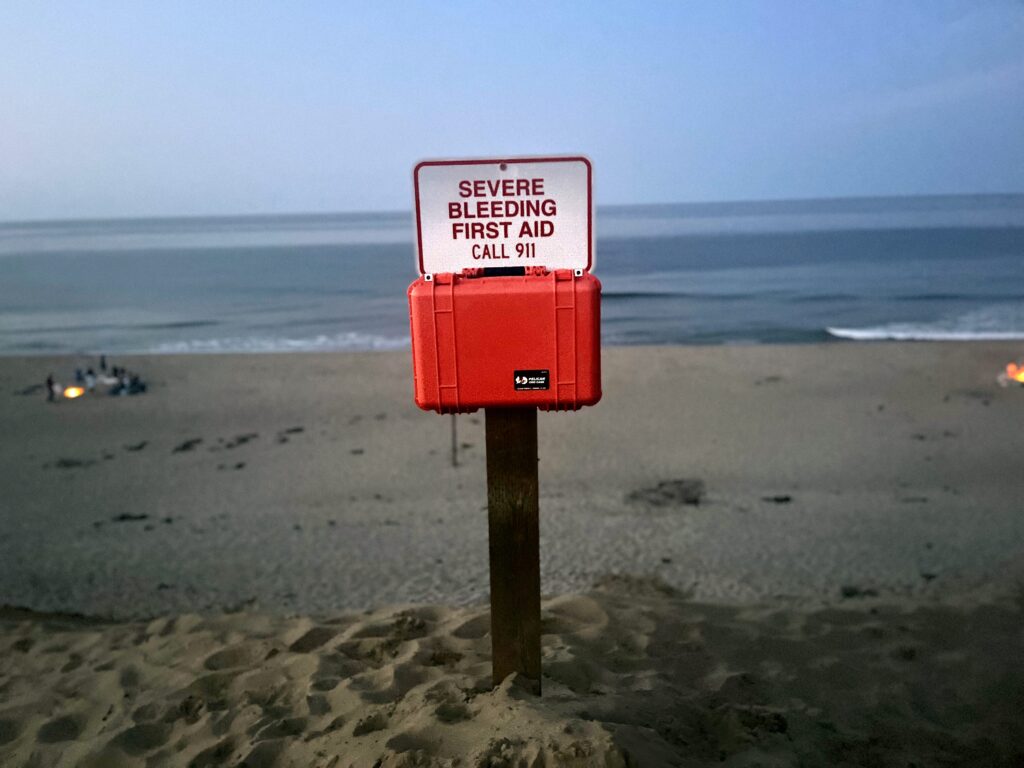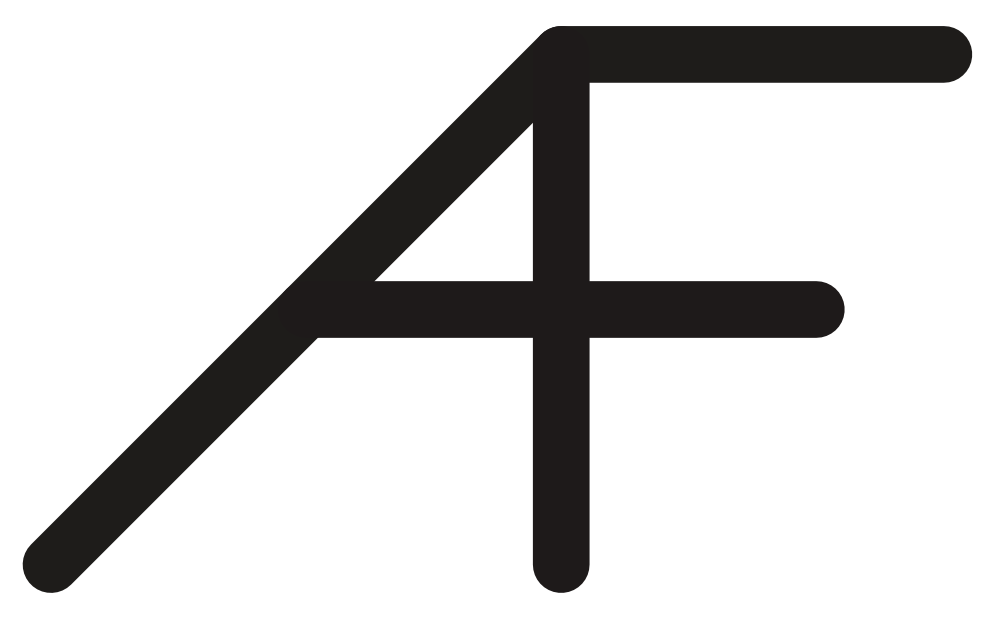
The internet isn’t useful because of information, it’s useful because of your trust in that information. Trust helps us make decisions about our lives: from shopping to job-hunting, to how to find the best restaurant in your town.
Without trust people become exposed to so much misinformation that they either start believing whatever is told to them or they end up trusting none of it at all. In both regards the human emotional response is fear. Fear creates a never-ending cycle of distrust.
Imagine if you typed in “www.google.com” and you were brought to an identical site that wasn’t run by Google for the purposes of stealing your information, identity or money. You’d be confused, scared and possibly angry.
Trust Anchors are a core concept in digital security and could be a useful model as trust in human communication. A Trust Anchor is an authoritative entity for which trust is assumed, granted and real.
The same concept could apply to information on the internet.
In networking, Trust Anchors require signing software or a key, for which typing in “www.google.com” does so many times a day. In social contexts, such as divulging information, we could provide a useful means of signing authority to facts.
Today we only have one such authority: Wikipedia. The model works because it’s verifiable and discourages personal opinions, beliefs, unreviewed research and many of the other harmful aspects we’re exposed to on a daily basis as we doom scroll our way across the universe.
How could we apply this concept across the entirety of the internet? How might we use trust anchors to enable a more useful dissemination of information?
–Colin

Leave a Reply